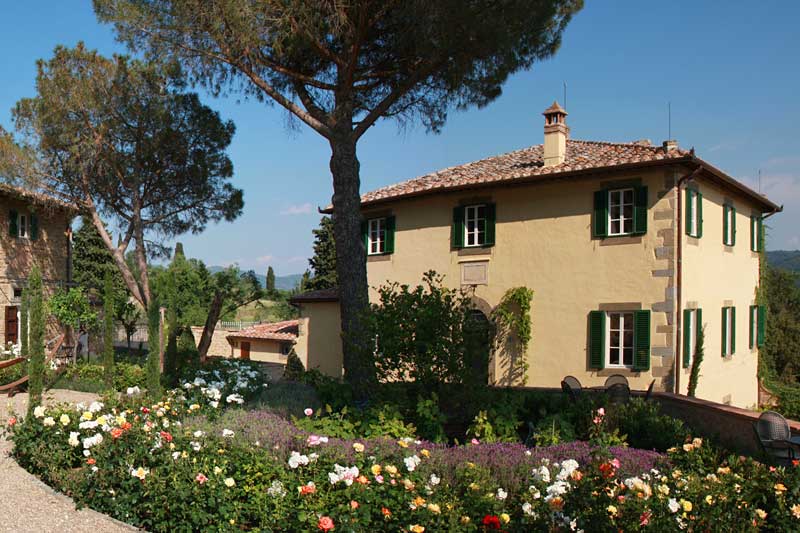Italian property auctions can be a complex and challenging process, and understanding the nuances involved is vital to make informed decisions. Whether you are an aspiring investor looking for potential opportunities or someone seeking to acquire a property through this unique channel, this article aims to equip you with essential facts and valuable tips that will help you navigate the intricacies of Italian property auctions with confidence.
Types of Auctions in Italy:
Italy has two types of auctions: Vendita con incanto and Vendita senza incanto. Both types require setting a reserve price before the auction.
Vendita con incanto auctions are public and open, with the property going to the highest bidder if the bid meets or exceeds the reserve price.
In Vendita senza incanto auctions, participants submit sealed bids by a specified date. Bids must not fall below the reserve price to be considered, and even a single bid can be sufficient to acquire the property.
Reasons for Italian Property Auctions:
Italian properties are typically auctioned for two main reasons: Asta fallimentare, which occurs when the owner has been declared bankrupt and the property is sold to pay creditors, and Asta giudiziaria, an auction ordered by the courts for various reasons, such as resolving an inheritance dispute or addressing criminal prosecutions.
Tips for Buying Italian Property at Auction:
1. Don’t assume you’re getting a bargain; assess the true value carefully.
2. Consider the urgency of moving into the property; auction timelines may vary.
3. Conduct in-depth due diligence by thoroughly reviewing all available documentation.
4. Understand the property’s legal status, including titles, liens, debts, and charges.
5. Visit the property with a professional team to assess potential issues not mentioned in the documents.
6. Set a strict budget and stick to it to avoid overspending.
7. Factor in additional costs such as registration tax and professional fees.
8. Arrange payment methods in advance, including mortgage arrangements if needed.
9. Be aware of potential tax benefits available for properties at auction.
10. Be prepared to handle potential complications.
Conclusion
Italian property auctions require caution and expert advice due to their complexities and legal implications. If you’re considering participating in an auction, seek independent professional advice to navigate through the potential pitfalls successfully. With proper guidance, one can accomplish this challenging process safely and efficiently.
If you have any questions or experiences related to Italian property auctions, please share them in the comments below. If you are in need of legal assistance regarding the purchase of an Italian property plate do not hesitate to get in touch.



0 Comments